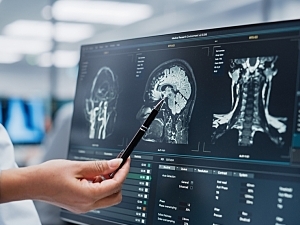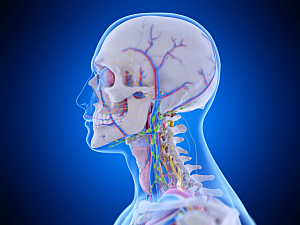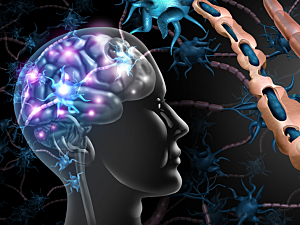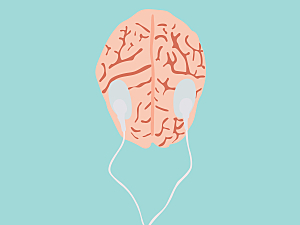Review: Dural and Extradural Cavernous Venous Malformations

In a two-part article in the Journal of Neurosurgery, surgeons at Brigham and Women’s Hospital discuss the epidemiology, clinical and radiologic features and surgical management of this group of pathologies. This summary covers part 1, dural and extradural CavVMs.
Read More...







